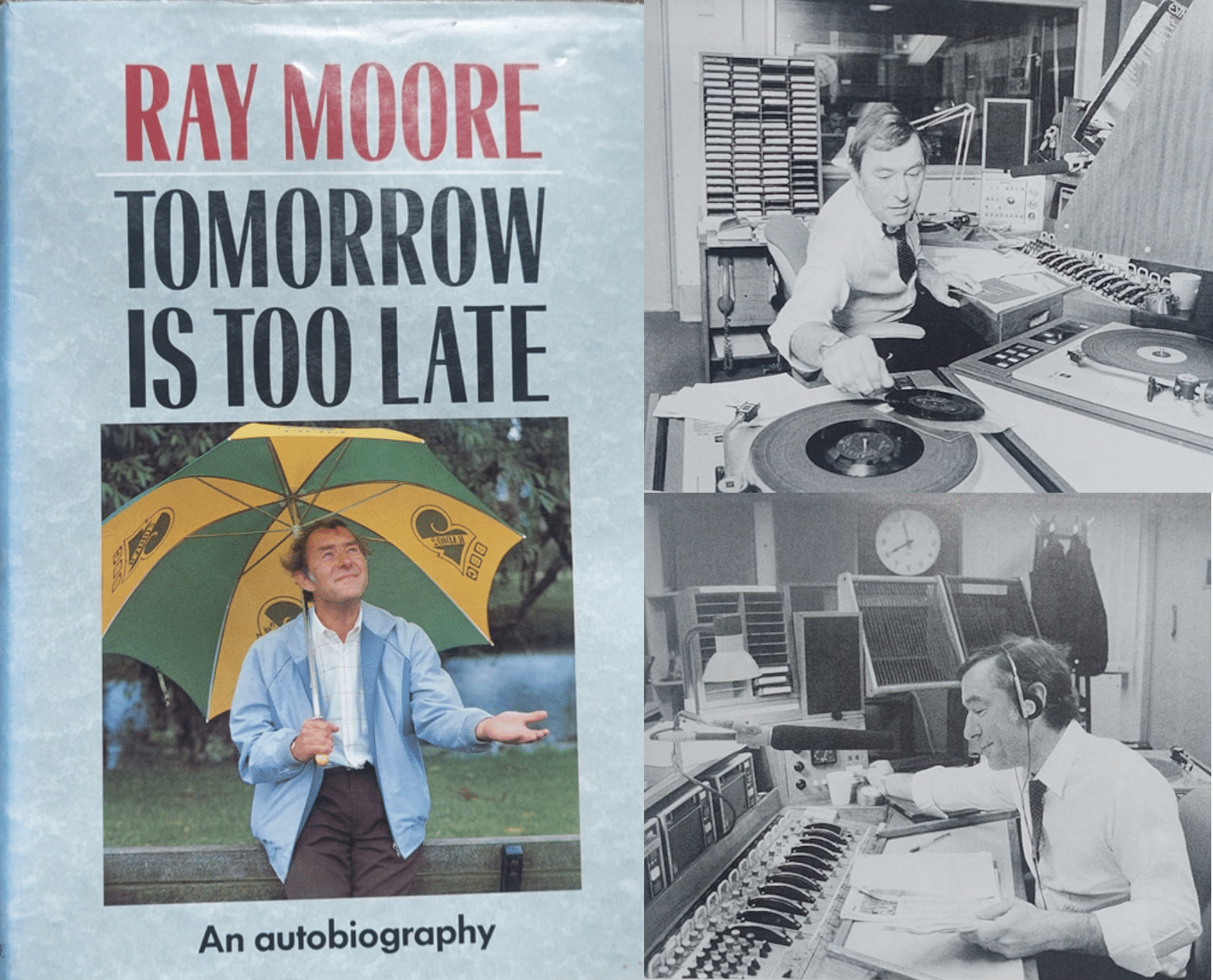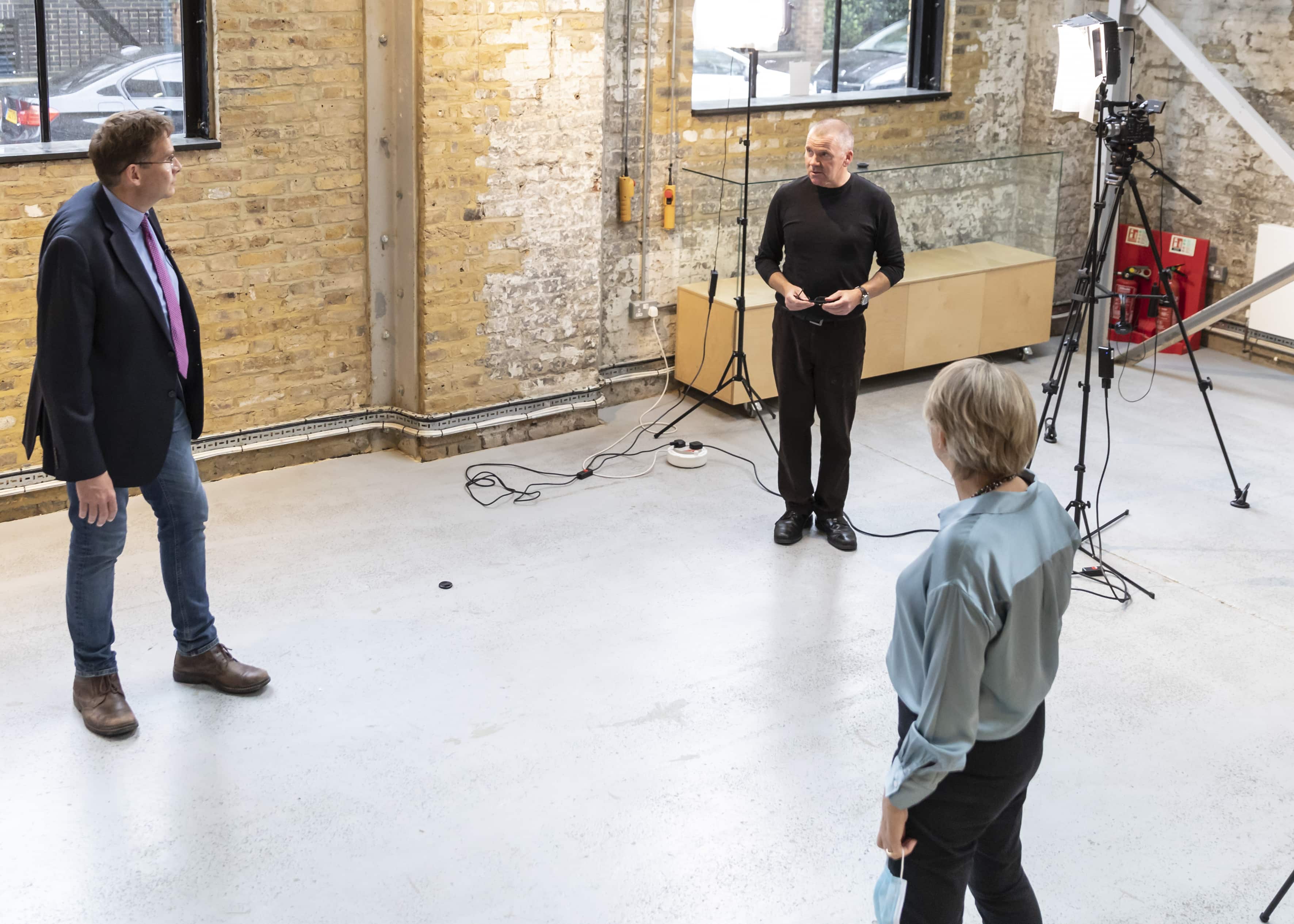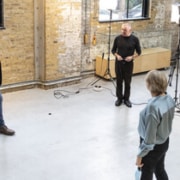All Presenters Need a Critical Friend
Continually evaluating your PowerPoint presentations is important. Unfortunately, you may not be the best person to do it.
One of the things that every presentation trainer will tell you is that you should constantly evaluate your presentations, to make sure that you update and adapt them as necessary.
The theory states that after each time you have stood up in front of an audience, you should note what worked and what didn’t; what went well and what could do with a tweak; what should be re-ordered and what needs leaving out altogether.
The only trouble is – presenters themselves may not always be best placed to make that judgement call.
This is because those of us doing the presenting are often so close to the performance, that we lack the objectivity of an independent perspective.
I’m reminded of some excellent advice from legendary BBC Radio 2 presenter Ray Moore decades ago, when I was part of a group of local radio presenters he was training in Guildford.
Correctly sensing some soaring egos in the room, he warned us, “Remember – your best programme was never as good as you thought it was”.
We all nodded sagely, each of us having been taken down a peg or two.
“But,” he added, a twinkle in his eye, “your worst programme was never as bad!”

Ray Moore had a career in broadcasting but is best known for his Radio 2 Show in the 1980’s
Ray had hit the nail precisely on the head: our personal investment in what we were doing meant we were much closer to the content than any member of the audience. In other words, we were not only unable to see the wood for the trees, but sometimes were not even able to spot the trees were there either!
This is why it’s so useful to have someone on hand to help you evaluate each presentation. They provide another set of eyes and ears across what you are doing. Importantly, they should be a ‘critical friend’ – someone you trust, who you know has your best interests at heart, but who is also not going to shy away from telling you the truth, as they see it.

Eric being ‘produced’ by David and Lindsay in one of our video shoots. We do take our own advice occasionally!
This is not to say that presenters should play absolutely no part in how their presentation is tweaked for its next airing. After all, their input is useful too. That’s why stand-up comedians host ‘work-in-progress’ shows around the country, to judge the reaction of different audiences, and make changes accordingly.
Indeed, many of them ‘write’ sections of the show on stage – improvising an element which, if it works, they decide to keep in.
This happens to PowerPoint presenters as well. It might simply be an off-hand comment in the room at the time; a line you inserted which just occurred to you in the moment. But phrases like this can end up being the ones you resort to again and again, precisely because you have discovered the impact they have in real time.
I’m told that what appeared to be some of Eric Morecambe’s best ad-libs were not actually ad-libs at all. They had unexpectedly emerged during rehearsal, judged to be worthwhile, and then written into the script.
The same was true on the set of ‘Friends’ – the hit American sitcom which was filmed in front of a live audience. If a cast member (often the sadly departed Matthew Perry, apparently, playing the part of Chandler Bing) said something unscripted which went down well, the writers kept it in, sometimes ditching their own work to allow for its inclusion.
Critical friends will also help you worry less about what you leave out. It’s very tempting, after your presentation has finished, to regret something you didn’t say, or an anecdote you didn’t include.
Clearly, if this element was essential to the ‘take-home’ messages of the presentation, then this is a concern which is justified.
But very often such missed sections are merely ‘nice-to-haves’. They are incidental non-essentials, the exclusion of which may have allowed you time to say something more important instead.
Novelists call this “the unwritten book”: there’s no point worrying about bits of a story they planned to include but ended up leaving out, because no reader was aware of what they were hoping to cover anyway!
After I wrote something similar on a LinkedIn post recently, Charles Nove, veteran Radio 2 newsreader and now the presenter of the Scala Radio Breakfast Show, commented “One of the most valuable bits of advice I was given, when starting out, was along similar lines: Remember, the listener has no idea what you were planning.”
It’s that independent perspective; one step removed from the action. That’s why producers and directors are worth their hefty pay cheques, why a critical friend may be a PowerPoint presenter’s best pal, and why we’re here if you need us.
If you would like help from Eric, Lindsay, David or Catherine give us a call on 020 7099 2212 or email enquiries@themediacoach.co.uk
- How to Avoid Podfade: Five reasons why podcasts fail (and how to stop yours being one of them!) - December 10, 2025
- Introducing the ‘Act Out’: - October 29, 2024
- Politics as Entertainment - July 2, 2024





Leave a Reply
Want to join the discussion?Feel free to contribute!